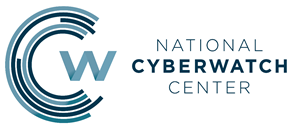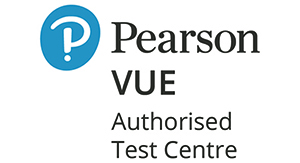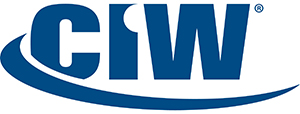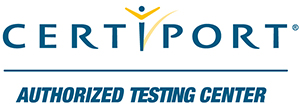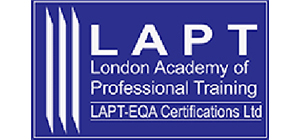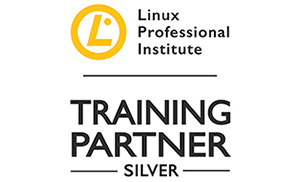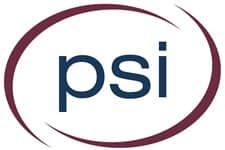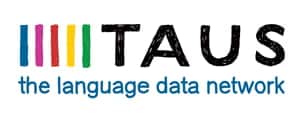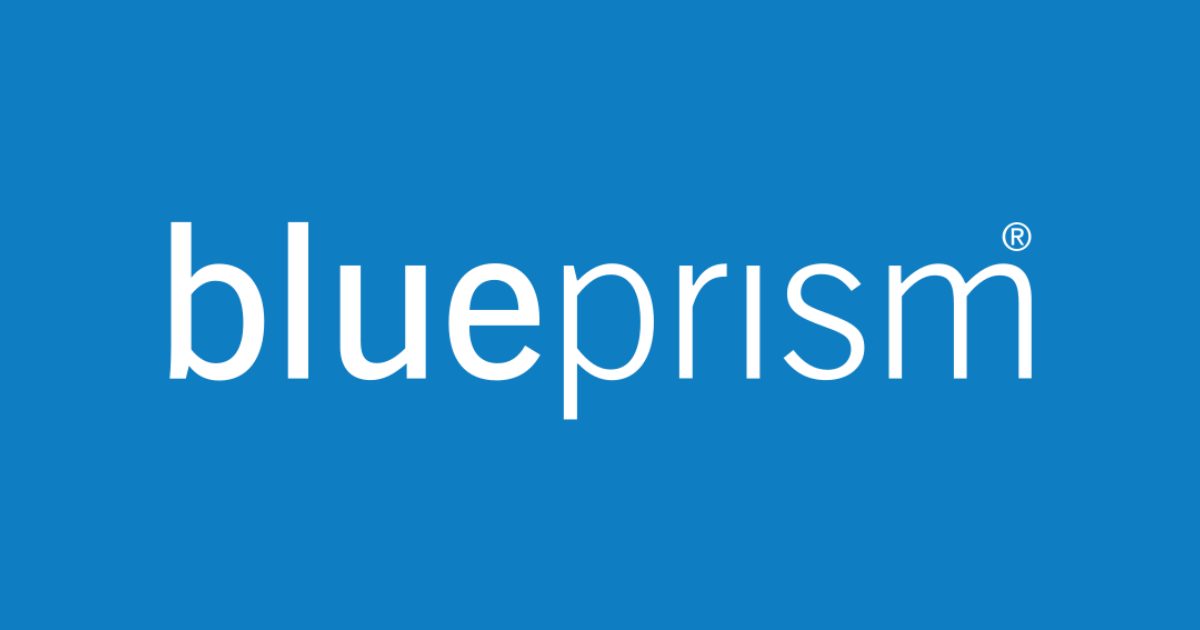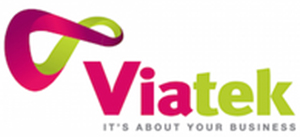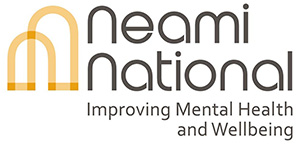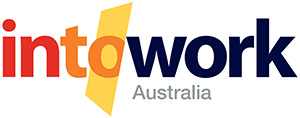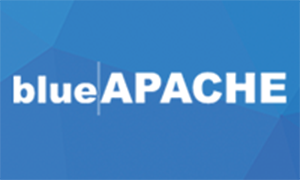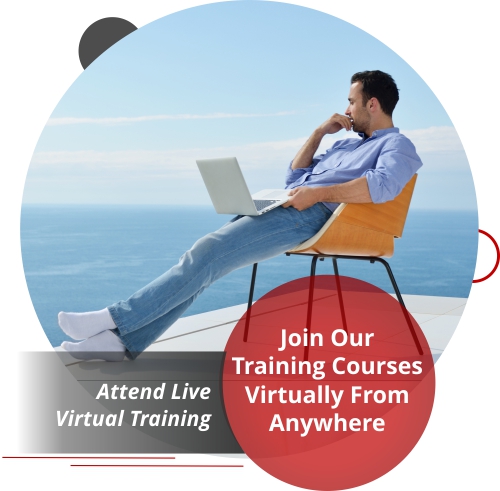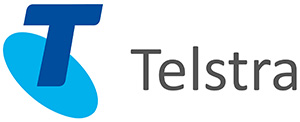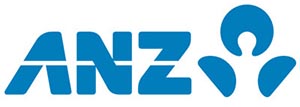BCS Agile Foundation Course
Agile Foundation Certification
Agile Foundation Level qualification provides instructions on how to apply Agile practices in project, product and software environments. Core concepts of Agile methods, values and principles will help the organisation to deliver a functional business solution consuming less time in comparison with other project management approaches.
Agile Course and Certification Training provide the candidates with the skills to use Agile project management methodologies, planning, managing and controlling Agile projects. The Agile course covers the latest syllabus by BCS and Agile methodology. Agile project management Practices are used by small to large enterprises in Public and Private sector organisations.
This Agile Foundation course covers a wide range of topics. The new syllabus v2.0 includes agile teams, servant leadership, team leadership and organisation, estimation, software development, Scrum, Kanban and more.
This course has been updated to cover the new BFCA: BCS Foundation Certificate in Agile V2.0 exam.
This certification is a key requirement for the following jobs:
- Software testers
- Software developers
- Product owners
- Business analysts and Scrum Masters
No pre-requisites for this course
Candidates can achieve this certification by passing the following exam(s).
- BFCA: BCS Foundation Certificate in Agile V2.0
The certification exam can be registered and attempted within 3 months of course/module completion at Logitrain training centre on weekdays during normal business hours (excludes public holidays)
- Why Agile?
- Individuals and their Interactions over Processes and Tools
- Working Software over Comprehensive Documentation
- Customer Collaboration over Contract Negotiation
- Responding to Change over following a plan
- The Agile Mindset
- Roles in Agile Teams
- Common Agile Practices
- Agile in practice
This course is likely to add to the employment-related skills of the participants. The skills developed are likely to be used in the course of being an employee or working in a business.
- Any professionals requiring an understanding of Agile
- Organizational leaders and managers wanting to understand the value of Agile practices
- Describe a linear development approach, such as Waterfall and V-model
- Explain why linear development approaches are not suitable in a Volatile, Uncertain, Complex and Ambiguous (VUCA) environment
- Explain the origins of Agile
- Recognise the Agile Manifesto and its principles
- Explain how the Pillars of Scrum underpin Agile thinking
- Describe ways that the processes and tools can undermine Agile team performance
- Explain the connection between team motivation and self-organising autonomous teams
- Recall how Agile teams interact
- Describe how working software means more than just code
- Explain that Agile can be applied to non-software products
- Explain how the Seven Wastes of Lean (Software Development) relates to comprehensive documentation
- Describe the Agile team’s relationship with its customers
- Describe how Agile teams use timeboxes and iterations to decide what work to commit to
- Describe the Product Owner role and their responsibilities
- Explain how regular feedback helps Agile teams respond to change
- Describe how Agile teams recognise when change is underway
- Describe the different levels of planning that Agile teams use
- Explain the risks of detailed upfront planning
- Explain Servant Leadership
- Explain how Agile teams are cross-functional and self-organising
- Explain how the Pillars of Scrum enable continuous improvement
- Describe how Agile teams demonstrate transparency
- Explain the importance of maximising the amount of work not done
- Describe how Agile teams maintain a sustainable pace
- Recall that autonomy, mastery and purpose are critical factors in creating motivated teams
- Explain the importance of Psychological Safety for high performing teams
- Explain incremental and iterative delivery
- Describe the three Scrum roles
- Identify and describe commonly used non-Scrum Agile roles
- Team Leadership and Organisation
- – Iterations and Timeboxing
- – Daily stand-up meetings
- – Agile board
- Iteration planning
- Iteration review
- Retrospective
- Agile coaching
- Backlog refinement
- Limiting work in progress (WIP)
- Requirements
- Product roadmaps
- Backlog
- User stories
- Three C’s (Card, Conversation, Confirmation)
- Definitions of Done and Ready
- Estimation
- Relative sizing
- The Agile Estimation Game, e.g. Planning PokerTM (1)
- Story points
- Velocity
- Software Development
- Pair Programming and Mob Programming
- Test-Driven Development (TDD)
- Behaviour Driven Development (BDD)
- Refactoring
- Emergent design
- Continuous Integration / Continuous Deployment (CI/CD)
- Automated testing
- Describe the following Agile approaches
- Scrum
- Kanban
- Explain how the following practices can remove the need to adopt a scaling method such as Scrum of Scrums, SAFe, LeSS, Scrum@Scale
- Refactoring solution architecture
- Decoupling team dependencies
- Decomposing into independent goals
- Shortening cycle time
- Explain why the following metrics are indicators of healthy Agile teams
- Short lead time from business need to solution deployment
- The team is continuously improving
- Meantime to restore
We highly recommend spending ample time for self-study during this course by reviewing and consolidating what you’ve learned, to be well prepared for the exam.

Take the certification exam within 3 months of course / module completion

Take the official vendor certification exam at the Logitrain training center

Course material in digital format is included for flexibility and ease of use

Mock test is included in the full-time courses to assist with your preparation

Our trainers are highly skilled with expertise and extensive hands-on experience

Relax, we will beat competitor’s advertised price in Australia. Our course has no extra costs
| Location | Type | Duration | Price | Dates | |
|---|---|---|---|---|---|
| Location | Type | Duration | Price | Dates |
The supply of this course/package/program is governed by our terms and conditions. Please read them carefully before enrolling, as enrolment is conditional on acceptance of these terms and conditions. Proposed dates are given, courses run subject to availability and minimum registrations.
Find out why we are the leading choice to help boost your career in Australia
| Approachable and knowledgeable; comfortable surroundings. Logitrain does make IT training easier |
I recently followed the ITIL Foundation course at Logitrain. The training, materials and facilities were excellent and I would not hesitate to train with Logitrain again.
Thanks for a great week! Really enjoyed and feel I picked up a lot. Great Trainer! Will definitely look at further studies here.
Well-presented and able to convey immense knowledge to class. All queries were responded to promptly.
Excellent teaching method, easy to understand.
Logitrain provided a valuable insight into ITIL and enabled me to excel and advance my knowledge through a simple and well organised series of sessions.
Great place to study for certification, knowledgeable persons, excellent customer service. Ready to answer queries on the spot, very helpful.
The trainer was very patient and gave everybody the opportunity to participate.
The trainer explained everything very well. Logitrain was very helpful for me in getting a better overall understanding of CCNA. I previously had studied it 2 years earlier but required revision
Over 1000 organisations have relied on Logitrain to be their trusted training partner.

Don’t Wait. Please fill the form now.

